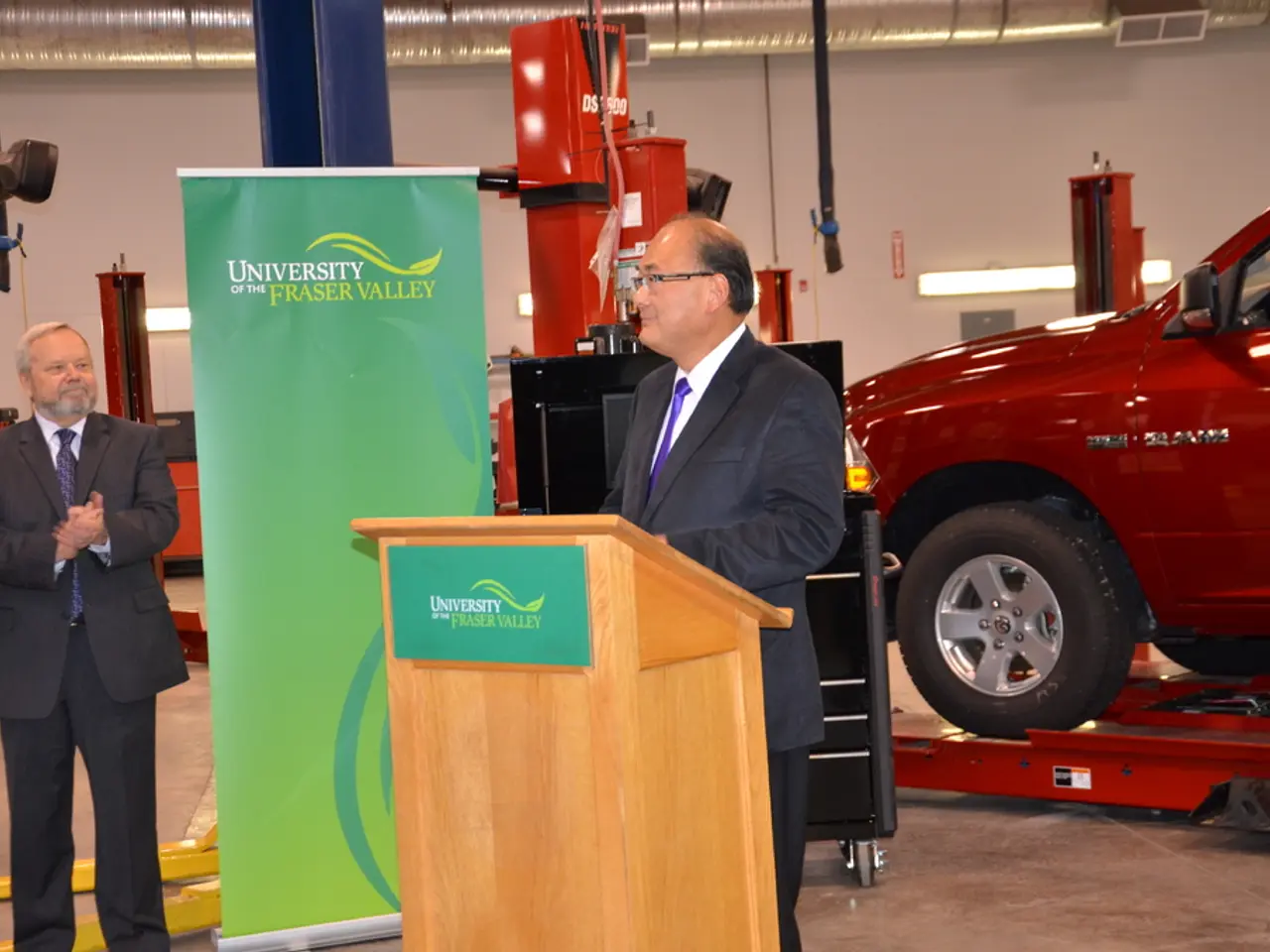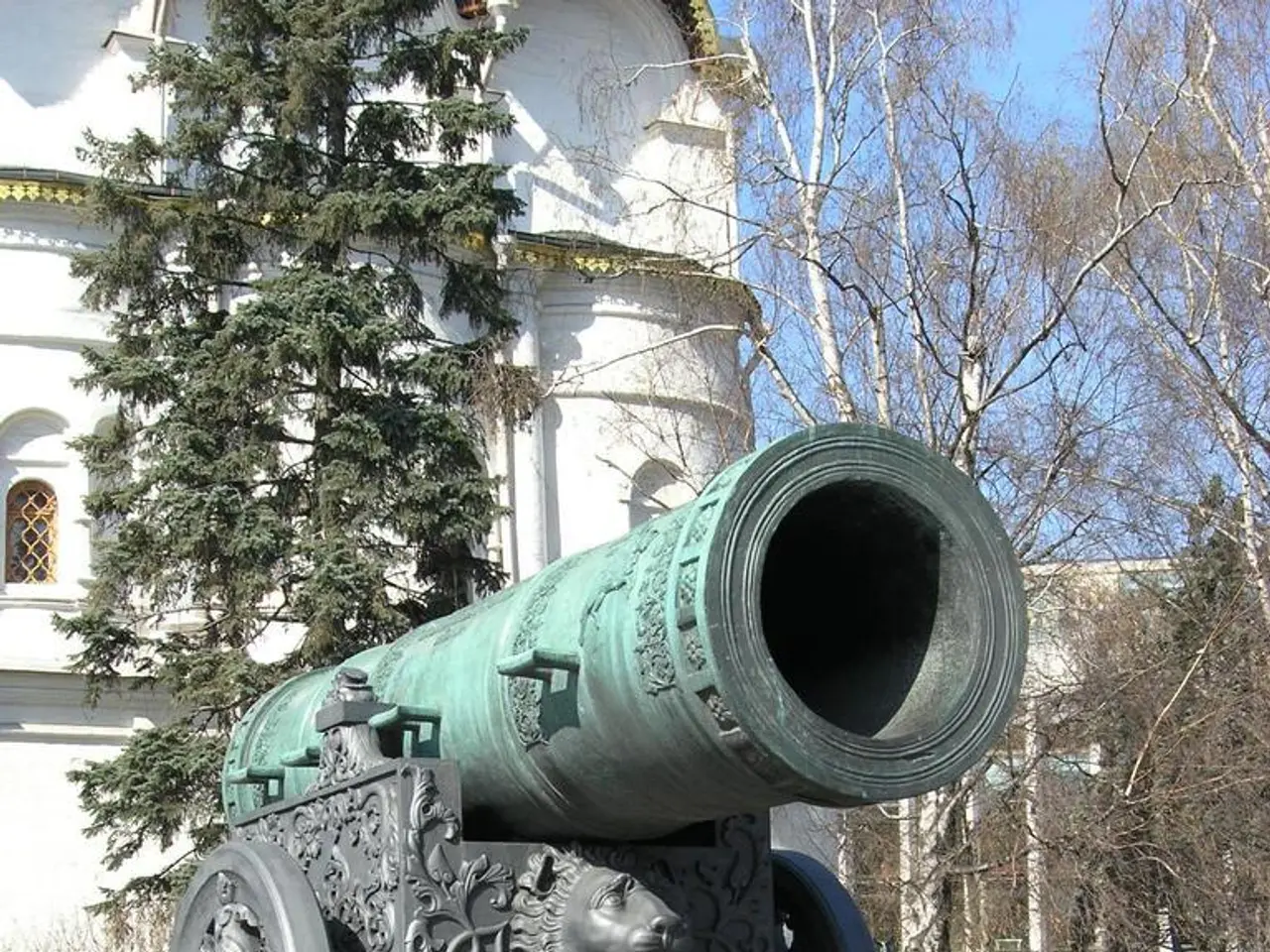Number of Civil Protection Workers Remains Unknown to the Government
The federal government is tasked with civil defense, protecting the population and vital infrastructure in times of tension or defense. However, the government does not have an overview of the number of deployable helpers from aid organizations such as the German Red Cross (DRK), the Federal Agency for Technical Relief (THW), Johanniter, Malteser, the German Life Saving Association (DLRG), and the German Red Cross (ASB) who could be available for civilian protection tasks in case of an attack.
The availability of volunteers from these organizations is typically managed through coordination between them and relevant government agencies. Organizations like the DRK and THW have structured systems for mobilizing volunteers during emergencies. Volunteers undergo regular training to ensure they are prepared for various scenarios, including state and alliance defense, maintaining readiness and availability. Effective communication networks are also crucial for quickly mobilizing volunteers and managing their availability during emergencies.
Regarding dual membership, while specific regulations regarding dual membership in these organizations are not widely documented, generally, dual membership is not restricted. However, the specific policies can vary by organization. Managing dual membership involves ensuring that volunteers are aware of their responsibilities and commitments across different organizations to avoid conflicts during operations. For state and alliance defense scenarios, coordination with local and federal authorities is essential to manage dual memberships effectively and ensure that volunteers' efforts are aligned with the needs of the situation.
However, it is important to note that these aid organization members may have other tasks during a state of tension or defense and might not be available for providing the population with essential services like clean drinking water, emergency power, or temporary shelters. Furthermore, the dual memberships of aid organization members in other authorities and organizations are not currently recorded by either the Bundeswehr, the federal government, or the named aid organizations like THW.
Koestering, an MP, has called for reforms in disaster protection, stating that the forest fires demonstrate that voluntary fire departments and local responders are reaching their limits, and the long-standing tug-of-war between the federal government, states, and municipalities must be overcome. Collaboration with government agencies and other organizations is vital for recording and managing volunteer efforts during state and alliance defense activities.
In conclusion, while specific details on how dual membership is recorded and managed across these organizations are not readily available, it is clear that effective coordination, training, and communication are key components in managing volunteer efforts during emergencies. The federal government's lack of an overview of the number of deployable helpers from aid organizations could pose challenges in managing resources during critical situations. The call for reforms in disaster protection highlights the need for improved coordination and management of volunteer resources in Germany.
- The federal government, while not currently having a documented overview, should establish a policy-and-legislation for coordinating with aid organizations like the German Red Cross (DRK), the Federal Agency for Technical Relief (THW), Johanniter, Malteser, the German Life Saving Association (DLRG), and the German Red Cross (ASB) to record and manage the availability of their volunteers for civilian protection tasks in emergencies.
- In politics and general news, MP Koestering's call for reforms in disaster protection emphasizes the importance of effective collaboration between aid organizations, government agencies, and local responders in managing volunteer resources during state and alliance defense activities, as the current lack of recording and management could pose challenges for resource deployment in critical situations.







